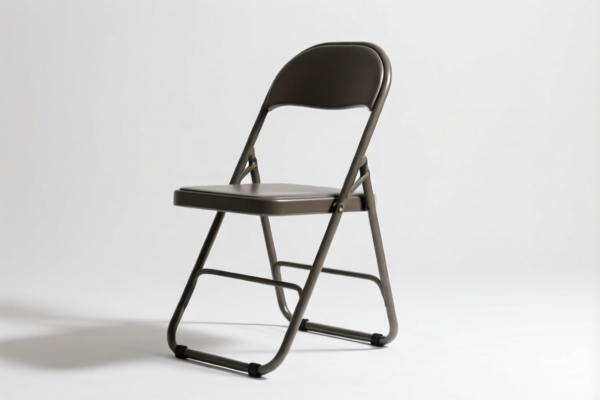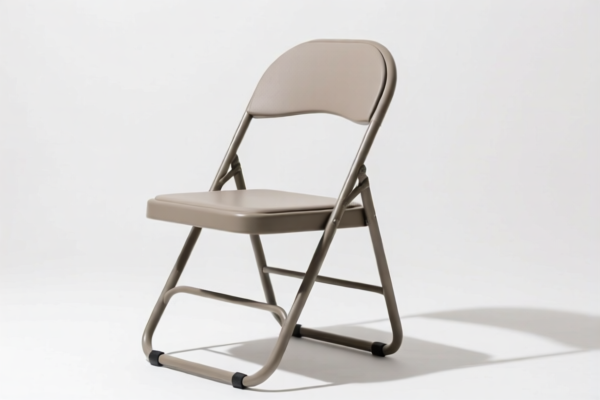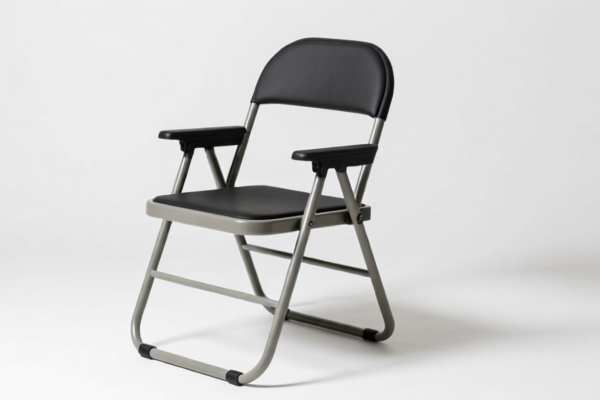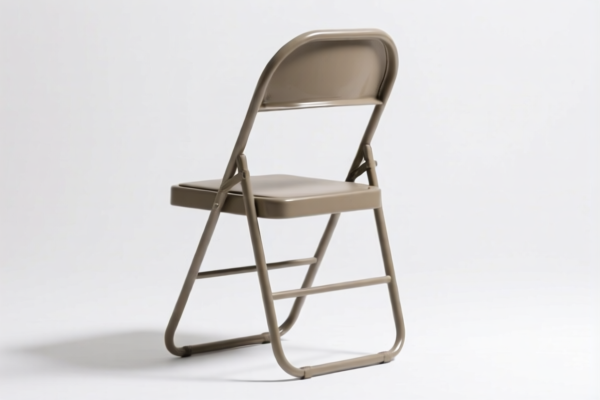| HS Code | Official Doc | Tariff Rate | Origin | Destination | Effective Date |
|---|---|---|---|---|---|
| 3926901000 | Doc | 40.9% | CN | US | 2025-05-12 |
| 3926909930 | Doc | 42.8% | CN | US | 2025-05-12 |
| 3923900080 | Doc | 58.0% | CN | US | 2025-05-12 |
| 4016990500 | Doc | 40.9% | CN | US | 2025-05-12 |
| 4016995500 | Doc | 57.5% | CN | US | 2025-05-12 |
| 4008210000 | Doc | 55.0% | CN | US | 2025-05-12 |
| 4008294000 | Doc | 57.9% | CN | US | 2025-05-12 |
| 9401698066 | Doc | 55.0% | CN | US | 2025-05-12 |
| 9401698090 | Doc | 55.0% | CN | US | 2025-05-12 |
| 9402900020 | Doc | 30.0% | CN | US | 2025-05-12 |
| 8304000000 | Doc | 33.9% | CN | US | 2025-05-12 |
| 4421918800 | Doc | 30.0% | CN | US | 2025-05-12 |
| 4421998800 | Doc | 37.5% | CN | US | 2025-05-12 |




Folding Portable Stool
A folding portable stool is a lightweight, compact seating solution designed for easy transport and storage. These stools are commonly used in situations where permanent seating is unavailable or impractical.
Material
- Seat: Typically constructed from high-density polyethylene (HDPE), polypropylene (PP), or canvas fabric stretched over a frame. Canvas options often feature a reinforced nylon or polyester base for durability.
- Frame: Commonly made from steel, aluminum alloy, or a combination of both. Steel provides greater strength and stability, while aluminum offers a lighter weight. Some models utilize fiberglass for a balance of strength and portability.
- Connectors/Feet: Plastic or rubber feet are used to provide grip and prevent damage to flooring. Connectors are typically steel or reinforced plastic.
Purpose
The primary purpose of a folding portable stool is to provide temporary seating for a variety of activities. They are valued for their convenience and adaptability.
Function
Folding portable stools function by utilizing a collapsible frame that locks into a stable, weight-bearing configuration when opened and folds flat or into a compact shape when not in use. Locking mechanisms vary between models, often employing scissor-lock, push-lock, or twist-lock designs. Weight capacity varies significantly based on materials and construction.
Usage Scenarios
- Outdoor Activities: Camping, hiking, fishing, picnics, sporting events, beach trips.
- Indoor Use: Temporary seating for guests, workshops, garage sales, utility purposes.
- Emergency Situations: Disaster relief, temporary shelters.
- Professional Use: Photography shoots, event staffing, construction sites.
Common Types
- Tripod Stools: Feature three legs for stability. Often used by photographers or in situations requiring minimal weight.
- Four-Legged Stools: Provide greater stability than tripod models and are suitable for a wider range of users.
- Collapsible Bucket Stools: Utilize a bucket-shaped seat and a scissor-lock frame. Compact and lightweight, with a relatively high weight capacity.
- Backrest Stools: Incorporate a backrest for added comfort and support. Typically heavier and less compact than standard folding stools.
- Adjustable Height Stools: Allow the user to customize the seat height for optimal comfort and usability.
- Heavy-Duty Stools: Constructed with reinforced frames and durable materials to support higher weight capacities.
Based on the provided information, the following HS codes may be relevant to a folding portable stool:
- 4016990500: Other articles of vulcanized rubber other than hard rubber: Other: Other: Household articles not elsewhere specified or included. This code covers household articles made of vulcanized rubber, which could include a folding portable stool if it's constructed from this material. The total tax rate is 40.9%.
- 4016995500: Other articles of vulcanized rubber other than hard rubber: Other: Other: Other: Vibration control goods of a kind used in the vehicles of headings 8701 through 8705 (If the stool has vibration control features). If the folding portable stool incorporates vibration control features for use in vehicles (headings 8701-8705), this code may apply. The total tax rate is 57.5%.
- 9401698066: Seats (other than those of heading 9402), whether or not convertible into beds, and parts thereof: Other seats, with wooden frames: Other: Other: Other Other: Of teak (Tectona spp.): Of plantation-harvested teak. If the stool is a seat with a wooden frame made of plantation-harvested teak, this code is applicable. The total tax rate is 55.0%.
- 9401698090: Seats (other than those of heading 9402), whether or not convertible into beds, and parts thereof: Other seats, with wooden frames: Other: Other: Other Other: Other. If the stool is a seat with a wooden frame and does not fall under the specific teak classification, this code may be relevant. The total tax rate is 55.0%.
Regarding HS codes 9401698066 and 9401698090, please note that the material of the wooden frame is a key factor in determining the correct classification.
Customer Reviews
No reviews yet.